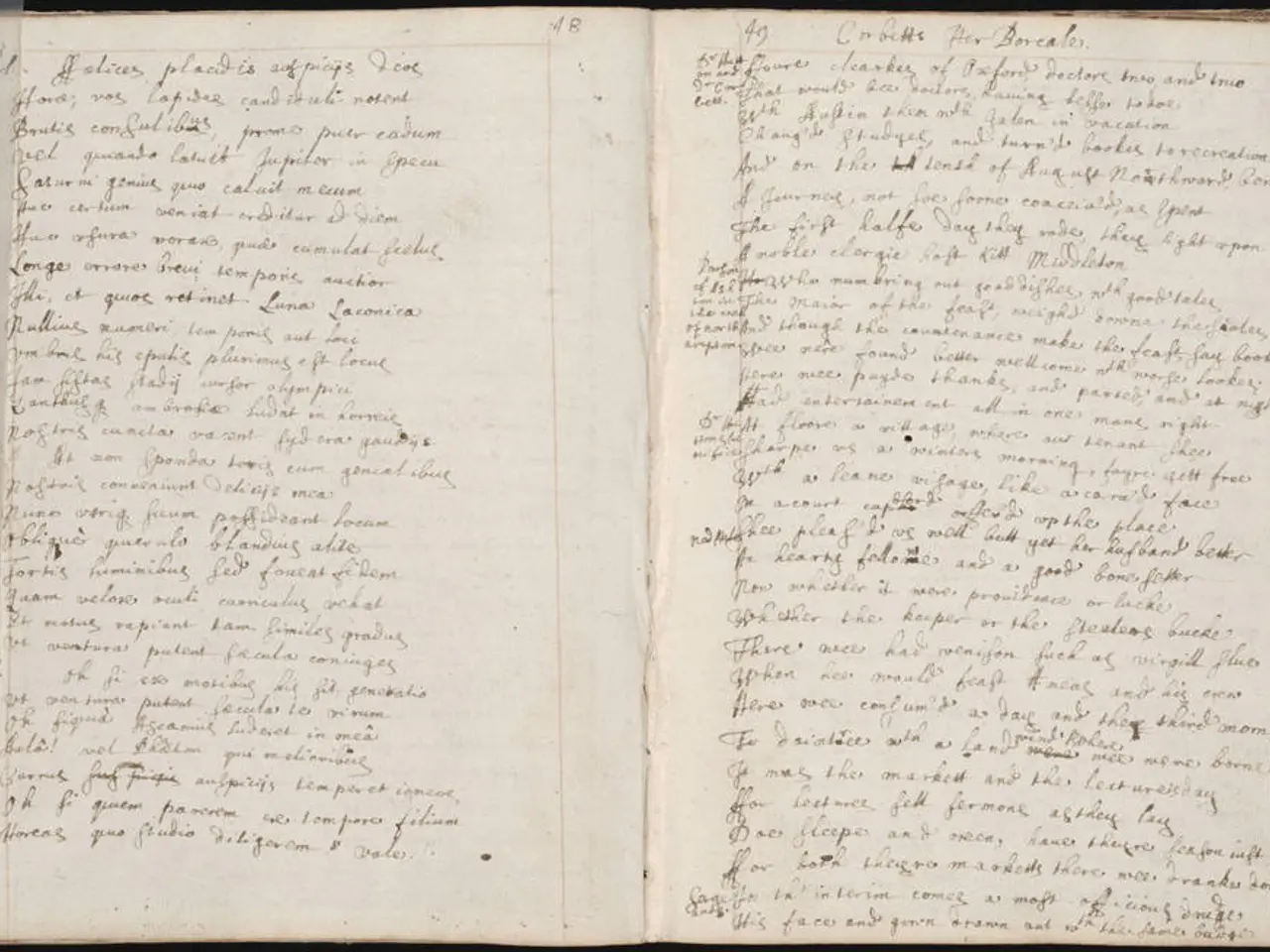Acclaimed Egyptian author Sonallah Ibrahim passes away at 88 years old.
Sonallah Ibrahim: A Pillar of Modern Arabic Literature
Egyptian novelist Sonallah Ibrahim, a prominent figure in modern Arabic literature, was born in Cairo in 1937. His life and works were deeply intertwined with Egypt's contemporary political struggles, and he passed away at the age of 88 in 2025.
Culture Minister Ahmed Fouad Hanno called Ibrahim a "pillar of modern Arabic literature". His contributions to the literary world were significant, as he introduced a stripped-down, documentary style that eschewed ornate language to reveal harsh political truths.
Ibrahim's five years in prison, served under President Gamal Abdel Nasser in the 1950s for his leftist politics, formed the basis for his debut 1966 novel, "That Smell". Initially banned in Egypt, the terse, fifty-page novella described the surveillance and stifling routine of a former political prisoner in Cairo. It was based partly on his prison diaries, also published as Notes from Prison.
One of Ibrahim's most famous works is "Zaat" (1992), a novel that tells the story of Egypt's modern history from the overthrow of the monarchy in 1952 to the neoliberalism of the 1990s under President Hosni Mubarak. The book was adapted into a prime-time television series in 2013.
Ibrahim was known as a chronicler of social injustice in the Arab world. His works, such as "Stealth" (2007), a tender depiction of Cairo youth and family life in his generation, and "The Committee" (1981), a Kafkaesque allegory of bureaucracy and surveillance, often critiqued political repression, neoliberalism, and Western hegemony.
Another celebrated work is "Beirut, Beirut", a novel that captured the struggles of the Arab world in the postcolonial era, particularly those of his native Egypt. Ibrahim's minimalist style, heavy with irony and rooted in everyday life, inspired generations of Arab writers.
Ibrahim's uncompromising political stances were evident in his actions, such as in 2003 when he refused a prestigious literary prize from the Mubarak government, citing government oppression, protection of corruption, and the Israeli ambassador's presence during alleged Israeli abuses in the occupied territories during the second Palestinian intifada. Despite this, he accepted other significant international Arab awards.
In his final years, Ibrahim left behind an immortal literary and humanitarian legacy. His works, which have been translated into English and French, continue to resonate with readers and inspire discussions about freedom and repression in the Arab world. Sonallah Ibrahim will be remembered as a maverick novelist and intellectual whose life and literature were deeply intertwined with Egypt’s contemporary political struggles.
Read also:
- Today's most impactful photographic moments
- Support for Eric Adams in The Post's Letters to the Editor on August 13, 2025
- Roosting Shark and Rambunctious Red Squirrels: Unconventional House Rental in Yorkshire Involving Aquatic Marvel, Squirrely Mayhem, and Mystical Planning Regulations
- Love, Work, and Friendship Harmonies between Aries Signs








